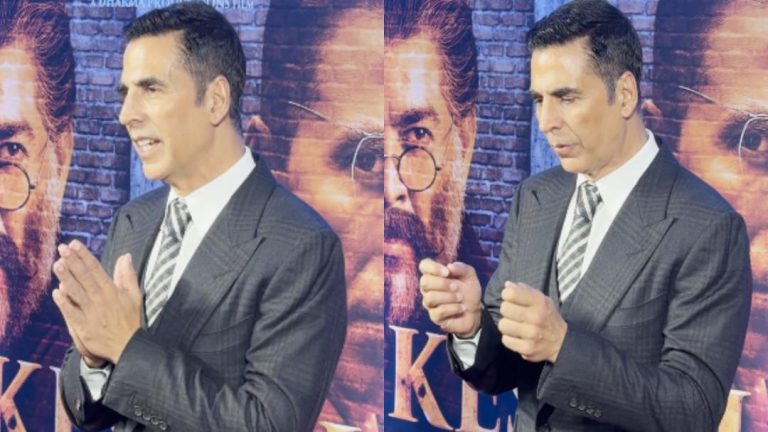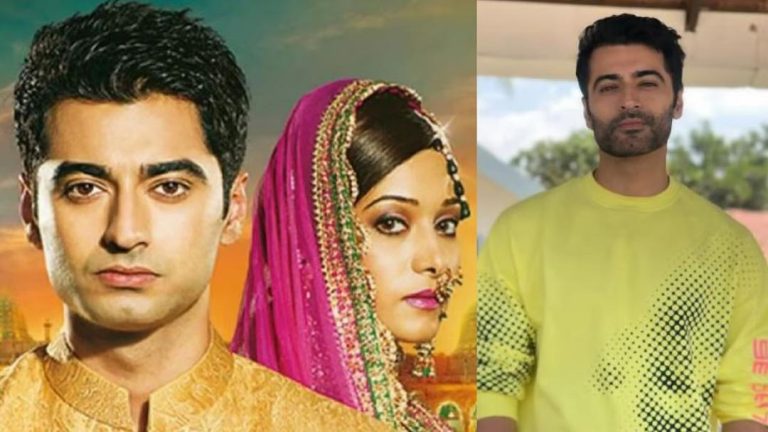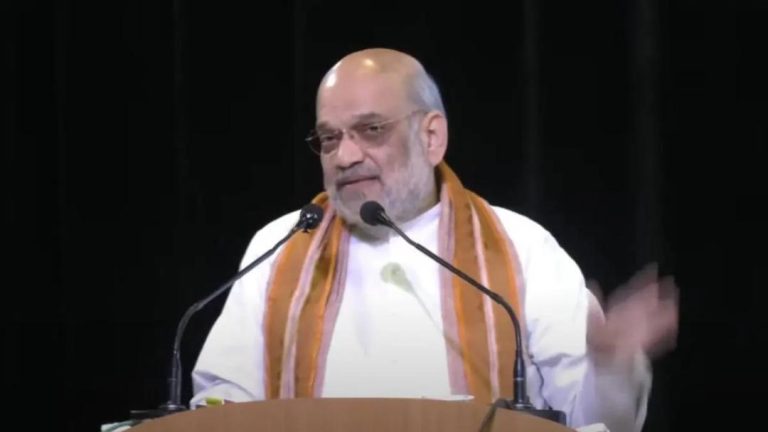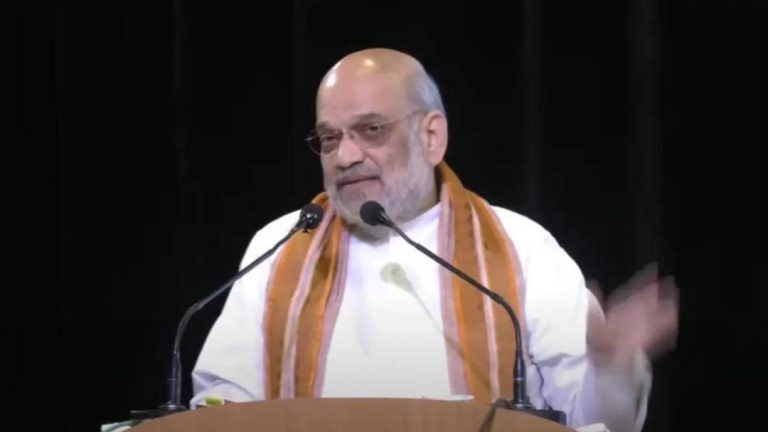
Bhumi Pednekar Calls Out Gender Pay Gap in Bollywood: “I Was Paid Just 5% of My Male Co-Star’s Fee”
The entertainment industry has long been plagued by the issue of gender pay gap, and Bollywood is no exception. Recently, actress Bhumi Pednekar shed light on this pressing issue, revealing that she was once offered a pittance compared to her male co-star’s fee for a project. In an interview, Pednekar shared her shocking experience, highlighting the stark disparity in pay between male and female actors in Bollywood.
According to Pednekar, she was offered just 5% of what her male co-star earned for a film they both led. Despite being equal partners in the project, Pednekar was paid a fraction of what her male counterpart received. This revelation has sparked outrage and concern among fans and industry insiders alike, with many calling for immediate action to address the gender pay gap in Bollywood.
Pednekar’s candid confession is a stark reminder of the systemic inequality that persists in the entertainment industry. For too long, female actors have been underpaid and undervalued, with their male counterparts reaping the benefits of their hard work and talent. The gender pay gap is not only unfair but also perpetuates a culture of discrimination and inequality.
Pednekar’s experience is not an isolated incident. Many female actors have spoken out about the pay disparities they have faced in their careers. From Priyanka Chopra to Deepika Padukone, several Bollywood stars have shared their own stories of being underpaid and undervalued. The issue is not limited to Bollywood, with the global film industry also grappling with the gender pay gap.
The reasons behind the gender pay gap in Bollywood are complex and multifaceted. One major factor is the outdated and patriarchal mindset that pervades the industry. Many filmmakers and producers believe that female actors are less bankable and less deserving of equal pay. This mindset is deeply rooted in societal attitudes towards women, which often view them as inferior and less capable than men.
Another factor is the lack of transparency and accountability in the industry. Pay scales are often kept secret, making it difficult for actors to negotiate fair pay. The absence of a union or collective bargaining agreement also leaves actors vulnerable to exploitation.
Pednekar’s decision to speak out about the gender pay gap is a bold and courageous move. By sharing her personal experience, she is helping to raise awareness about this critical issue and inspire change. Her words are a powerful reminder that the gender pay gap is not just a problem for individual actors, but a systemic issue that affects the entire industry.
The Indian government has taken some steps to address the gender pay gap in the entertainment industry. In 2019, the Ministry of Information and Broadcasting launched a policy to promote gender equality and ensure equal pay for equal work. However, more needs to be done to ensure that these policies are implemented effectively and that female actors are truly valued and compensated for their work.
The entertainment industry has a responsibility to address the gender pay gap and ensure that female actors are treated with dignity and respect. This includes implementing transparent pay scales, providing equal opportunities for growth and development, and promoting diversity and inclusion.
Bhumi Pednekar’s courage in speaking out about the gender pay gap is a beacon of hope for a more equitable and just industry. Her words are a reminder that the time has come for change, and that the entertainment industry must take concrete steps to address this critical issue.
Source:






